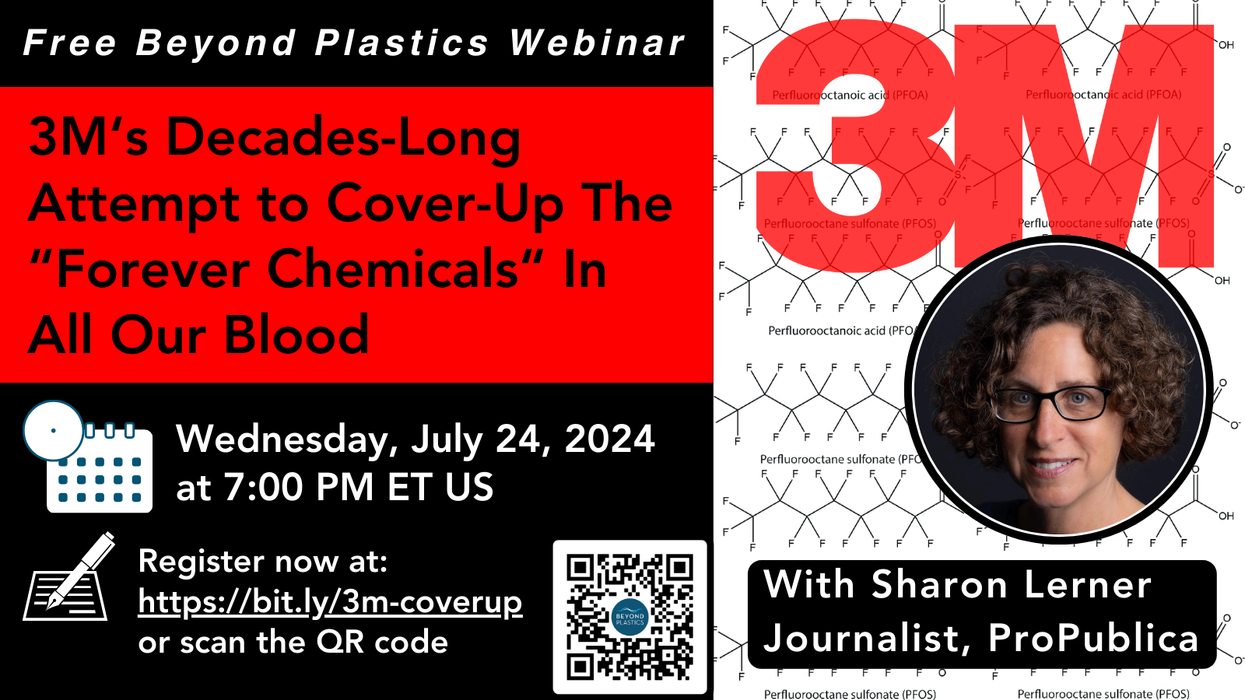Using first-of-its-kind human biomonitoring data on phthalates and their substitutes across Europe, a recent study published in the International Journal of Hygiene and Environmental Health showcases that regulations can have a meaningful impact on humans’ exposure to harmful chemicals.
In short:
- Exposure to phthalates, which are subject to regulations in Europe, dropped significantly over time, while exposure to unregulated substitutes like DINCH and DEHTP increased.
- However, 5% of the participants tested still had phthalate exposure levels that surpassed recommended safety limits.
- Mixtures of phthalates also remain a concern for children and teenagers, with 17% still at potential risk of negative health effects from exposure.
Key quote:
“Pronounced phthalate exposure reduction verifies the effectiveness of policy measures.”
Why this matters:
The results of this study demonstrate that policy interventions can be an effective tool to decrease chemical exposure and can have a widespread impact, particularly when they’re built on a foundation of comprehensive data and up-to-date science. However, the study also points to the need to address widespread exposure to newer, untested chemical substitutes, which may have their own health impacts and are not covered by current regulatory structures.
Related EHN coverage:
- Op-ed: When it comes to food chemicals, Europe’s food safety agency and the FDA are oceans apart
- The chemical industry may have killed a landmark EU chemical policy. Here’s what that means for the US.
More resources:
Collaborative for Health & Environment (CHE): Webinars on phthalates' health impacts and regulations:
- Reducing breast cancer risk by eliminating parabens and phthalates
- The role of epidemiology in risk assessment: A case study of five ortho-phthalates
- Get phthalates, parabens out of the bathroom drawer to reduce breast cancer risk: Study ›
- Black and Latinx hairdressers exposed to high levels of phthalates ›
- BPA, phthalates "widespread" in supermarket foods, regardless of packaging, Consumer Report says ›
- European Commission is accepting comments on phthalates in medical devices ›


















